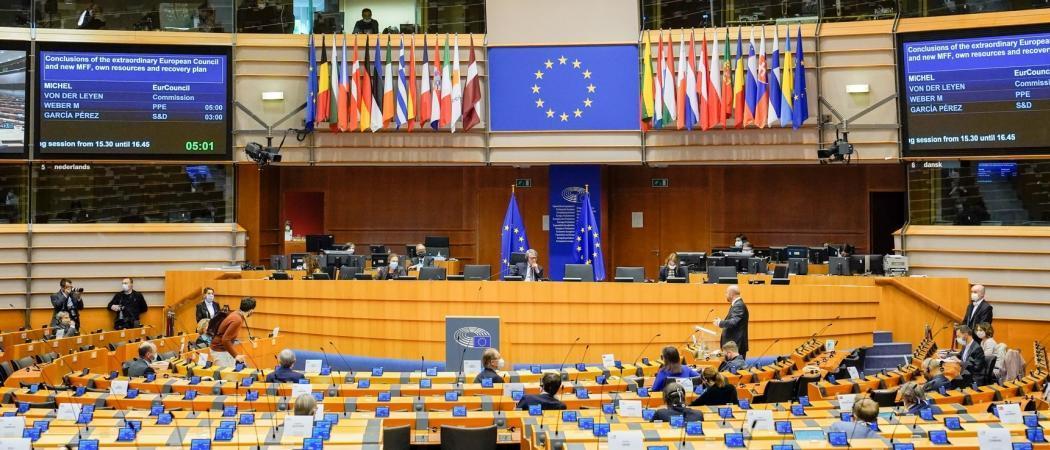The new committees are to scrutinise the EU’s big cancer push, the legislative path towards first AI law, and if misinformation on social media calls for stricter controls

The European Parliament announced the MEPs who will sit on its new special committees on artificial intelligence (AI), cancer and foreign interference in democratic processes.
The new committee on beating cancer will identify areas for action, legislation and other measures to help prevent and fight cancer, and look into the best ways to support research.
It has been set up following European Commission president Ursula von der Leyen’s announcement in April of a nine-month consultation among member states for her cancer plan.
The wide-ranging push focuses mainly on prevention, but it will also promote better data sharing, and there will be a research component, in the form of the cancer mission set to begin next year as part of Horizon Europe.
Joining the new 33 member cancer committee is Petra de Sutter, a former senator in Belgium’s parliament, and a physician who ran the department for reproductive medicine at Ghent University. She currently chairs the parliament committee on the internal market and consumer protection.
The committee on AI meanwhile will study the impact and challenges of rolling out the technology, and propose a roadmap detailing what the objectives of the legislation should be.
The commission is pushing to be one of the first places in the world to regulate AI, aiming to devise rules and limits that parallel those set out in the general data protection regulation, promoting adoption of the technology, whilst also providing a proportionate regulatory framework. As of now, the EU executive has only released a white paper, spelling out preferred options for laws.
The committee’s ranks will include Romania’s Dan Nica, Portugal’s Maria da Graça Carvalho and Spain’s Pilar del Castillo Vera, three members who also sit on ITRE, the committee on industry, research and energy.
Also joining the AI committee is Andrus Ansip, former European Commission vice president, and former holder of the digital single market portfolio.
The third new committee, focused on foreign interference, will review alleged breaches of democratic processes in the EU, including misinformation, and will identify areas where greater control over social media platforms may be required.
Each of the special committees is set up for one year only, with each having 33 members. The chairs and vice-chairs will be decided in September.
Parties agree on the allocation of committees between them, to make sure the chairs are a fair representation of the make-up of parliament. Each political group is allocated a number of seats on the new committees based on the number of MEPs they have in the chamber.





 A unique international forum for public research organisations and companies to connect their external engagement with strategic interests around their R&D system.
A unique international forum for public research organisations and companies to connect their external engagement with strategic interests around their R&D system.